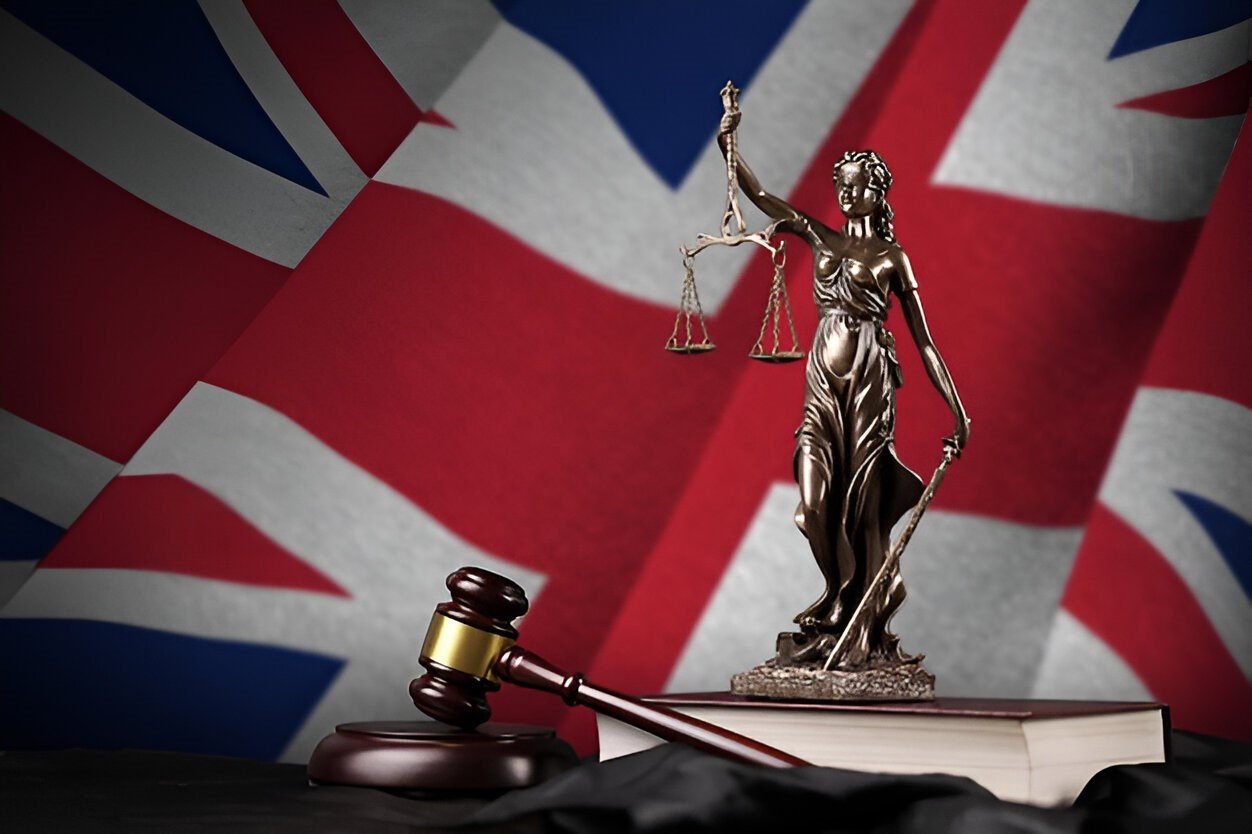UK legal cases -The landmark decisions that have shaped contemporary legal thinking continue to influence the basic rights we enjoy today. And if you think about it, that’s not surprising, for their basic premise—huge decisions that affect a lot of people—has been with us since the very start of British law. These instances reflect much more than mere landmark decisions. They illustrate major developments in British law from constitutional precepts to human rights safeguards.
Some decisions set significant precedents for everyday legal cases, the kind that Solicitors in Levenshulme could manage for local clients today, while others dealt with serious matters of state. This collection encompasses ten pivotal events that have transformed liberty, corporate responsibility, and the scope of governmental authority. Whether you’re a history scholar, law student, or just interested in British legal cases history, these conclusions show how judicial conflicts have changed civilisation. From the 17th century to now, every case has lasting meaning.
Contents
Proclamations (1610)
Essentially restricting royal authority, this Stuartera ruling meant the king couldn’t pass fresh laws without Parliament’s permission. Coke, CJ, maintained that although the kings could make declarations, they were not in a position to coin new crimes using such declarations or even modify the common law.
This decision created a basis of what we have today with the parliament being supreme and the nation experiencing a constitutional monarchy. This notion remains a key consideration among modern constitutional lawyers in the study of executive overreach. Discussions on executive powers and their bounds in modern governance make this case especially pertinent.
Stewart vs. Somerset 1772
Lord Mansfield’s groundbreaking decision declared English common law to be unsuppressed by slavery, therefore liberating James Somerset and harming the slave trade. The ruling, though only outlawing slavery, declared that slave owners lost their property rights upon entering England. Abolitionists were revitalised by judgment, which also shaped subsequent anti slavery laws. The case is now seen as a pioneering achievement of human rights law, showing how judicial courts with the help of principled legal cases, can combat firmly established evils in society.
Carlill vs. Carbolic Smoke Ball Co (1893)
This humorous yet legally important case established fundamental contract law theories. Mrs. Carlill successfully sued the Carbolic Smoke Ball Company after it refused to pay the advertised £100 reward to consumers still afflicted with flu. The Court of Appeal determined that the advertisement constituted a binding unilateral contract. The judgment clarified requirements for offer, acceptance and consideration in contract formation. Modern businesses and Solicitors In Levenshulme handling consumer claims still apply these principles daily when examining promotional offers and warranties.
Stevenson v Donoghue, 1932
Drinking ginger beer with a rotting snail caused Mrs. Donoghue to become ill; she sued the producer even without any contractual connection, therefore establishing contemporary negligence law. The House of Lords developed the neighbourhood theory whereby producers have a responsibility of care to consumers. This basic tort law revolutionised personal injury as well as product liability. From pharmaceuticals to automobiles, modern cases involving faulty products still draw on this precedent to define the boundaries of duty of care.
Entick versus Carrington, 1765
Central to civil rights, this case established constraints on government control and emphasised the importance of property rights. Government agents had looked through John Entick’s house under a generic warrant, seizing documents. Ruling this illegal, the court confirmed that executive actions need legal cases authorisation and impact Fourth Amendment safeguards in the U.S. Constitution and are still quoted in discussions of surveillance and state overreach. Especially relevant right now on the influence of antiterrorism laws on individual rights and police authority.
Airedale NHS Trust vs. Bland 1993
This heartbreaking case of a Hillsborough disaster victim set out key ideas about end-of-life care. The House of Lords determined that withholding life support from Tony Bland, who was in a permanent vegetative state, was not illegal. The verdict established the best interests test for such decisions and separated killing from letting die. It is still important in medical ethics and is still used by courts to oppose right-to-die cases, and the same arguments still underlie current debate on assisted dying.
2019 Miller/Cherry
It is a historic case of the Supreme Court intervention in political life since the prorogation of the Parliament by Boris Johnson was recognized as illegal. The court ruled that executive privilege authority is subordinate to parliamentary sovereignty and responsibility. The verdict made clear constitutional lines among governmental departments during the Brexit crisis. Particularly concerning executive overreach under political upheaval, it still shapes discussions about adequate checks and balances in the uncoded constitution of the United Kingdom.
Ministry of Justice 2014
The Supreme Court addressed assisted suicide laws in this contentious right-to-die case. Although not changing the law in the end, several justices suggested that Parliament revisit the topic. The decision emphasised conflicts between personal freedom and governmental concerns in saving life. It continues to be used now in discussions of euthanasia legislation, to show how the courts may cause parliament to act without specifically repealing the law, a complex exercise in the British system of government.
Conclusion
These ten moments can be regarded as watersheds in which the British courts have developed constitutional principles, safeguards of human rights, and business regulations. Whether it is in the arguments before the Supreme Court or the work of ordinary people, the impact is still felt today, particularly in areas where supervisory power was limited or where the modern law of negligence was developed.
They all point out that the law is developing in tandem with society, which needs to be clarified in terms of the constitutional order, the elimination of injustices, and the incorporation of legal cases into modern values. The insight into the history of Britain through these landmark cases gives an idea about how courts, parliament and society struggle to create just a legal cases system.


